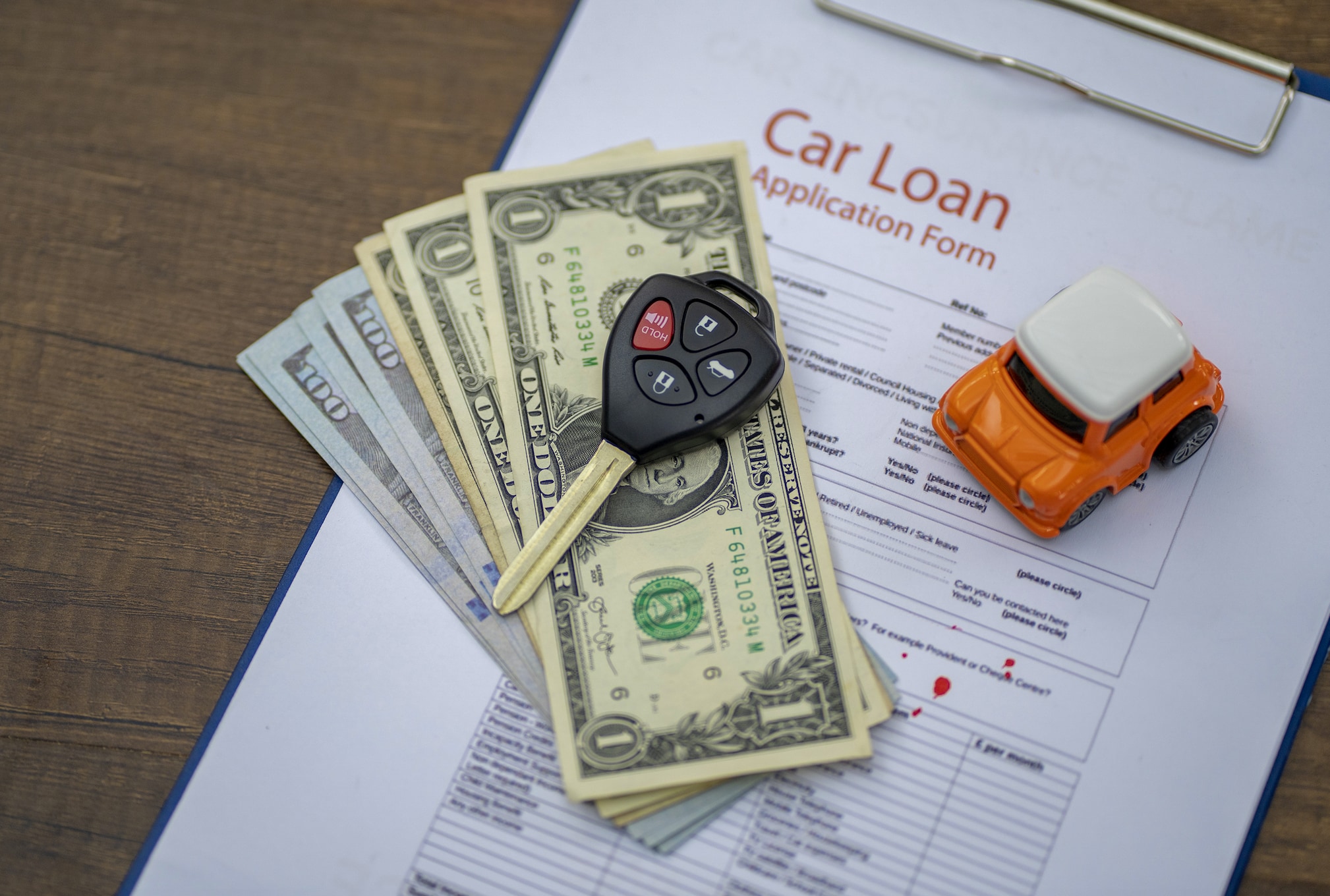Unless you have the cash in hand to buy a car, you'll need a loan to pay for it. Whether you get your loan from a bank, a credit union, or from the car dealership where you buy the car, you'll be borrowing money and paying it back over time and those payments will include interest, fees, and taxes in your state. Here are car loan terms you'll need to know and understand.
is the yearly interest percentage you'll pay on the loan including interest and fees. In other words, it is the cost to borrow the money as a yearly percentage and is a more complete measure of the loan's cost than the interest rate alone.
is the upfront money you put down on a vehicle. It can be in the form of cash, the value of your trade-in car, or a combination of both. The more your down payment is up front, the less money you'll need to borrow and the lower your monthly payments will be.
is the duration of the loan and tells you how many months you'll be paying off the loan amount. The loan term can be anywhere from 24 to 72 months. Longer loan terms mean you'll pay less per month, but you'll also pay more in interest.
is how much you'll have to pay each month on the loan for its duration. It includes the principal, interest, fees, and any late penalties. You'll have to really look at your monthly budget to make sure you can afford that monthly payment before you sign the loan contract.
is the amount you will be borrowing for the car with all other costs such as interest, fees, and penalties stripped away.
is the complete loan amount including all principal and interest charges. It tells you how much you are spending on the car over the entire course of the loan.





